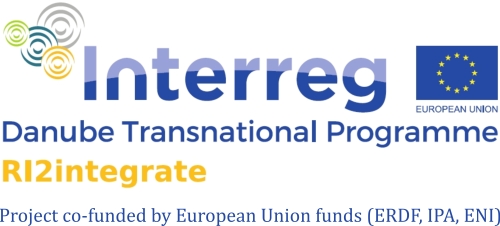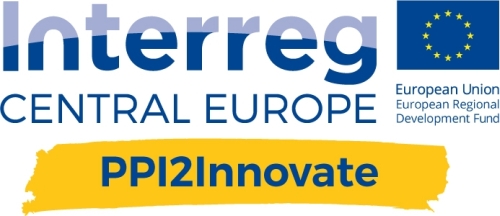CITIES CAN SAVE MONEY THROUGH SMART PUBLIC TENDERING
Public institutions purchase goods and services in public tenders. Such tenders may serve to implement modern technologies and methods – in such cases we speak about public tenders for innovative solutions, or Public Procurement of Innovation (PPI).
A public institution is looking for products or services that are not available on the market at all or to a very limited extent. Such demand stimulates the private sector to innovate and seek new solution. Most Central European regions lack extensive PPI practice due to inadequate tools and insufficient knowledge. Inovation centre DEX Innovation based in the town of Liberec, in collaboration with the Technology Center of Czech Academy of Sciences, has been trying to change this for the past three years through their PPI2Innovate project.
18 fully nationally adjusted SMART PPI2Innovate tools
Their collaboration with multiple international partners has resulted in the creation of 3 tools that provide information to public institutions how to call tenders for smart and cost-effective solutions. The tools focus on Smart Health, Smart Energy, and Smart Information and Communication Technologies. The tools are available in six languages and reflect specific national legislation in Central European countries. The tools benefit suppliers, too, by facilitating contact with the public sector and opening opportunities to apply and monetize R&D results.
Pilot testing of PPI tools
The PPI2Innovate tools have been validated in pilot projects.
- In Italy, a local botany garden will implement an energy-efficient system based on renewable resources.
- A Hungarian project focuses on a medical device for remote monitoring of patients suffering from cardiovascular diseases.
- The town of Lublin in Poland will install low-consumption street lighting that responds to movement and monitors air quality.
- The Slovenian Ministry of Public Administration will deploy a specific system for data processing and analysis.
The results have proved that this method of public tendering can save significant amounts of money, improve the quality of services, and make public administration more effective.
Entering final stages!
Each country involved in the project will establish competence centers to educate public purchasers, promote PPI, motivate public purchasers to actively leverage PPI, and to connect public administration bodies with innovations centers and the private sector. After the completion of the project, Liberec and all the other competence centers will continue pursuing its goal of fostering innovations in Central Europe.
CBIC involvement
The Central Bohemian Innovation Center (CBIC), too, is involved in public procurement of innovation (PPI). The center has been implementing a project called RI2integrate which is funded by Interreg Danube program. CBIC is leveraging the RI2integrate project to prepare for implementing IT innovations in Central Bohemia region. CBIC is to become a competence center collaborating with DEX Innovation. The center will provide national-level advisory services to public purchasers and connect public administration with the private sector.


